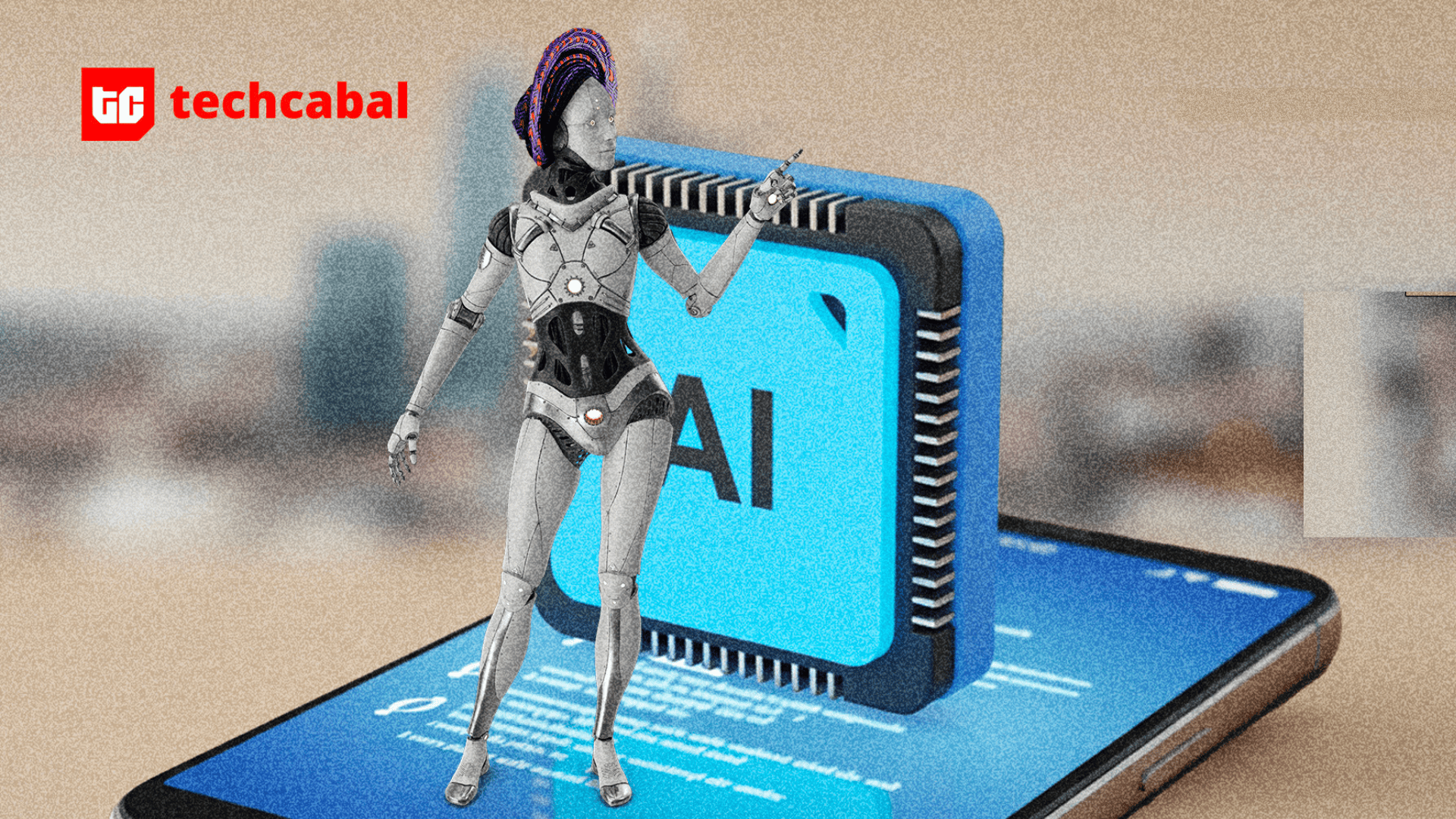In the past ten months alone, at least nine Nigerian states, from Ekiti and Enugu to Rivers and Kano, have reshuffled their executive cabinets, often removing or redeploying key commissioners across ministries. While cabinet reshuffles are not unusual in a democracy, the frequency and randomness of these changes reveal a structural instability that threatens the country’s developmental ambitions, including its aspiration to build a technology- and AI-driven economy.
When commissioners who oversee key innovation or digital economy portfolios are replaced midstream, their projects are either abandoned, delayed, or redefined by successors with little institutional continuity. The result is a cycle of policy resets and disrupted momentum, a pattern that undermines Nigeria’s chances of building a cohesive digital economy, let alone an AI future.
A pattern of instability
Between December 2024 and October 2025, states such as Ekiti, Enugu, Ebonyi, Oyo, Kano, Abia, Kaduna, and Rivers witnessed cabinet shake-ups affecting ministries central to their innovation and infrastructure agenda — from Energy and ICT to Trade, Housing, and Works.
In Ekiti State, for instance, the ambitious Ekiti Knowledge Zone (EKZ), a flagship innovation city designed to anchor the state’s digital economy, has experienced a 12-year delay. The project was conceptualised as a miniature Silicon Valley for Nigeria, a hub for research, talent, and technology startups. But since its inception, it has suffered from political discontinuity.
Akin Oyebode, who helped conceptualise the project as Commissioner for Finance in 2013, laid its economic foundation. , Seun Fakuade, as Commissioner for Innovation, Science, and Digital Economy, led its planning phase, forging partnerships and operational frameworks. Then, in August 2025, Fakuade was removed in a sweeping cabinet reshuffle. The project, once heralded as Ekiti’s ticket into Nigeria’s innovation future, now faces uncertainty, its implementation delayed until at least 2026. Two months later, the governor has yet to appoint a commissioner for the ministry.
Other states tell similar stories. Ebonyi’s University of ICT in Oferekpe, once envisioned as a hub for digital education, has slowed down amid bureaucracy and shifting priorities. Niger State’s digital city dreams began in 2023 after it appointed its first-ever Commissioner of Communications Technology and Digital Economy but stalled over unresolved public–private partnerships, infrastructure bottlenecks, and the cabinet reshuffle in September 2025, which removed the new commissioner. Even federal-level innovation projects, such as the proposed $10 billion innovation city developments in Katsina and other states, remain largely on paper.
Political volatility meets technological ambition
To build a sustainable AI ecosystem, a country needs long-term policy continuity, skilled leadership, and institutional memory, three things Nigeria’s political system consistently undermines.
“The political boundary system will not produce the best, the fittest, or the brightest of our people,” said Fakuade, reflecting on his time in government. “What produces people on the ballot is corruption and visionless leadership. Until that system changes, we will keep recycling mediocrity and wondering why nothing works.”
His frustration speaks to a broader structural flaw: the disconnect between Nigeria’s political class and the realities of the digital economy. In many states, commissioners for innovation or ICT are appointed for political loyalty, not technical expertise. “There are 36 commissioners for innovation or ICT in the country,” Fakuade noted, “and not up to half of them understand what they need to do — from digital infrastructure to skills development or the future of work.”
The problem extends upward. Most governors, he argued, “don’t even understand the abstraction of a digital economy. They ask, ‘What does this have to do with votes?’ because they can’t see the brick and mortar.”
Without visionary leadership, Nigeria’s innovation agenda risks becoming a series of uncoordinated experiments, ambitious on paper, inert in practice.
It also means there is no way to measure progress. According to Suleiman Isah, the first pioneer Commissioner of Communications Technology and Digital Economy, the unpredictability of appointments has meant that many recipients of government tech programs often view it as opportunities to get their slice of the “national cake”.
“Whenever you tell people to come for training, either because I am the commissioner, they expect we’ll give them laptops free,” Isah told . “Everyday they come for training they want me to give ₦10,000.”
Why AI cannot grow in a vacuum
Artificial intelligence thrives on data, infrastructure, and talent, three pillars that require coherent governance and investment. But the foundations of Nigeria’s political system are shaky at best.
Consider Fakuade’s argument: if every Nigerian state mainstreamed future-of-work skills, like programming and data literacy, into its education system, the economy could transform itself from the ground up. “A million people earning $1,000 monthly in remote work creates a $12 billion economy,” he said. “But we’re not even thinking that way.”
Instead, state governments prioritise short-term, tangible projects such as roads, bridges, and buildings, while neglecting digital infrastructure like fiber optics, broadband expansion, and tech skills training. “If every governor provided fiber optics,” Fakuade said, “you would unleash an unstoppable digital economy in that state. The multiplier effect alone could grow the economy sevenfold.”
But this requires political will and coordination — two elements often missing in Nigeria’s governance model. “The Minister of Innovation,” he lamented, “has never once convened a meeting with commissioners of innovation across the states. How do you build an AI policy when those expected to implement it have never even been in the same room?”
This absence of federal–state coordination is not just administrative negligence — it is a national risk. AI development depends on a unified national vision. Without it, Nigeria risks being left behind in the global AI race, reduced to a consumer market for technologies developed elsewhere.
The human cost of political ineptitude
At its core, this isn’t just a governance issue; it’s a human one. Each delayed innovation project translates into lost opportunities for millions of young Nigerians who could otherwise be earning, building, and innovating within a digital ecosystem.
“If an Ekiti State fails to implement an innovation policy that benefits millions of people, those millions are being blindsided by incompetence,” Fakuade said bluntly. “The digital economy can feed Nigeria, no questions asked. But until we have leaders who understand that, we will keep starving ourselves in abundance.”
His comments reveal the deeper tragedy: Nigeria’s problem is not a lack of talent, ideas, or even funding. It is a failure of political structure, one that rewards loyalty over competence, short-term optics over sustainable policy, and control over collaboration.
The urgency of reform
If Nigeria is serious about building an AI future, it must first fix its political architecture. That means redefining how leadership appointments are made, creating performance benchmarks for commissioners and ministers, and institutionalising accountability for developmental projects.
Fakuade suggests a public performance model, one that tracks commissioners’ outputs, holds them to measurable goals, and ensures continuity across administrations. “If I’m not doing my job, call me out. But if I am, empower me. Most commissioners aren’t lazy; they’re just not supported.”
It’s a radical but necessary proposition. Because in the absence of political accountability, Nigeria’s digital future will remain trapped in the same cycle of ambition and abandonment that has long defined its governance.
As Fakuade put it: “The digital economy can feed Nigeria. But only if we stop starving it with bad politics.”










